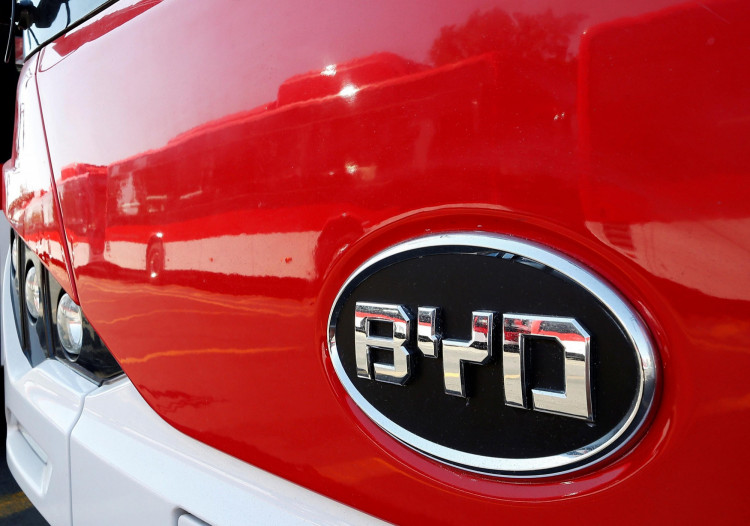Chinese electric vehicle manufacturer BYD Co Ltd experienced a massive drop in its profits for 2019. The company attributed its poor performance to low sales caused by the recent cutting of government subsidies for new energy vehicles and changing emission rules that hit the demand for their products.
BYD reported a 42 percent drop in its annual profits to 1.61 billion yuan or roughly around $277 million for 2019. The company also reported a slight drop in its revenues of about 1.78 percent to 127.74 billion yuan last year.
The Shenzhen-based electric carmaker revealed that it was only able to sell a total of 461,399 new energy vehicles last year, an 11.4 percent decline when compared to the previous year. The company sells various types of electric vehicles, including buses, forklifts, and trucks, in cooperation with international partners such as Japan's Toyota and Germany's Daimler AG.
The electric carmaker mentioned that China's decision to cut subsidies for new energy vehicles, including those for battery-electric cars, hydrogen fuel cell vehicles, and plug-in hybrids, had greatly reduced its profit margins.
Production of such vehicles is significantly much more expensive when compared to the production of their traditional fossil fuel-powered counterparts. The subsidies had come a long way in aiding new energy vehicle manufacturers in turning a profit.
Industry experts have stated that China is reconsidering the move and will likely extend subsidies for new energy and purchase tax exemptions for at least two more years. The move follows the continued decline of new energy vehicle sales in the country, which had lasted for nine consecutive months.
After the government had cut subsidies in mid-2019, demand for vehicles produced by BYD and other Chinese electric carmaker had plummeted. Fortunately, strong sales during the first half of the year had offset the lack of demand, resulting in a 4 percent overall decline in new energy vehicle sales in China for the entire year.
In BYD's annual report, the company stated that the decline caused by the subsidy cut will likely only be for the short term. The company believes that the industry should prove to be much more resilient in the long-term as the country pushes for greener technologies.
Apart from the subsidy cuts, BYD also attributed its profit decline in added research and development costs. Last year, the company had launched several new battery-electric and plug-in hybrid technologies. It also worked on developing its products to meet the upcoming China VI Emission Standards. Just recently, the company also unveiled a new type of LFP battery, called the blade battery, which it plans to use for its own products and sell to third party manufacturers.





